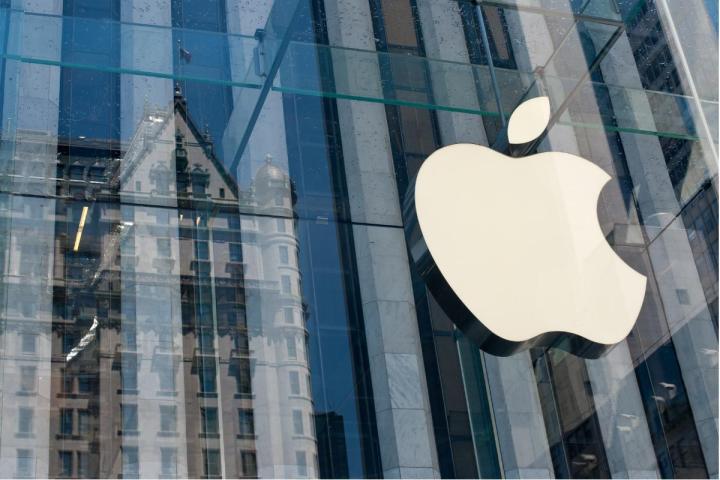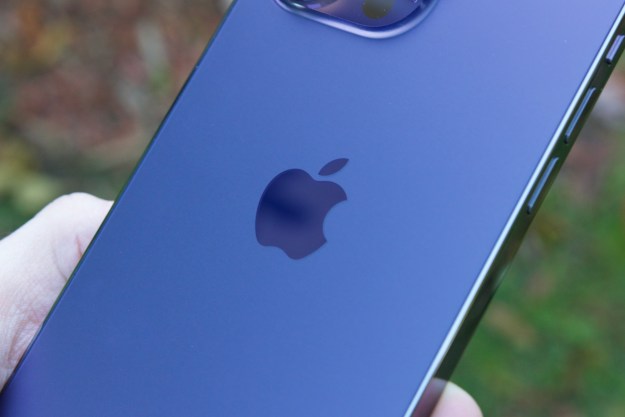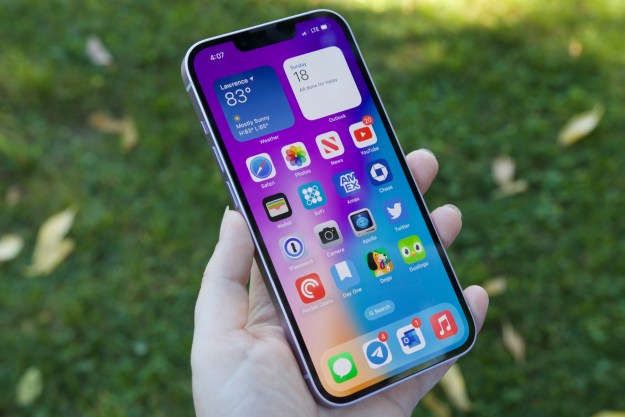
One of those developers is Tencent, the company responsible for producing WeChat, China’s most prominent messaging and payment platform. According to the report, Apple’s stance is that the money exchanged by users — specifically tips — are in fact a form of in-app payment. That would allow the company to take a 30-percent cut of each transaction, per App Store rules.
In April, it was reported that Tencent scrubbed the tipping feature from the iPhone version of its app, and it appears other developers may be compelled to follow suit.
This all comes at a time when Apple has hit a roadblock in its Chinese expansion. Domestic manufacturers, like Huawei, Oppo, and Vivo, are outperforming the iPhone maker. In 2016, Apple fell from first place among smartphone vendors in the country for the first time in five years.
As a result, the company could be looking to eke out even more revenue from its install base — though in this particular instance, it runs the risk of alienating its most vital partners in the region. Developers told The Wall Street Journal that Apple has threatened to remove their software from the App Store if they fail to comply.
Losing WeChat in particular would be a serious blow to any smartphone manufacturer selling its wares in China, as the app boasts nearly one billion active users. Even if WeChat remains on the iPhone in its current state, however, consumers may spring for Android devices instead if the ability to tip doesn’t return to Apple’s hardware.
Apple has reportedly been in talks with Tencent to negotiate a solution, but the Cupertino, California company runs the risk of triggering a regulatory ruling by the Chinese government, which may be inclined to side with developers.
An executive from one such developer said that his platform doesn’t take a cut of what users spend on tips, so Apple would effectively be receiving 30 percent “for doing nothing.”
Editors' Recommendations
- Here’s how Apple could change your iPhone forever
- The DOJ has sued Apple over the iPhone. Here’s what it means for you
- The OnePlus 12 has one big advantage over Samsung and Apple
- I love Apple, but it’s totally wrong about iMessage and RCS
- Apple used this free iPhone app to shoot Monday’s Scary Fast event


